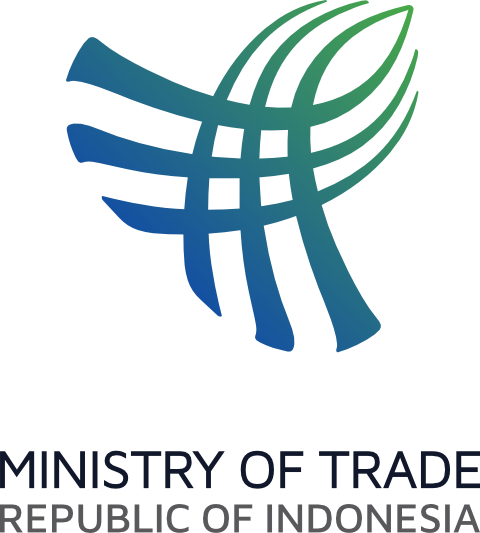
Recapitalisation: Banks to attract extra N900bn capital in 2025
Recapitalisation: Banks to attract extra N900bn capital in 2025
The Nigerian banking sector is set to receive an additional ₦900 billion in capital in 2025 as banks move to meet the Central Bank of Nigeria’s (CBN) recapitalisation requirements ahead of the March 2026 deadline. The directive, issued in March 2024, requires commercial banks with international authorisation to raise their capital to ₦500 billion, national banks to ₦200 billion,and regional banks to ₦50 billion.Non-interest banks face lower thresholds of ₦20 billion and ₦10 billion, depending on their authorisation level. Analysts estimate the sector will need to raise a total of ₦4.2 trillion, of which ₦1.7 trillion had already been raised from the capital market by the end of 2024.
According to the latest Agusto & Co Nigerian Banking Industry Report, eight banks have already met the minimum capital requirements. In 2024, 16 banks raised ₦1.7 trillion, and about ₦800 billion has been raised in the first seven months of 2025. The report anticipates that the remaining banks will inject an additional ₦900 billion by the end of 2025, providing a buffer for current risks and near-term growth. Domestic investors were the primary contributors to this capital raise, reflecting confidence in the sector.
The report also highlighted potential short-term challenges. The termination of CBN regulatory forbearance in June 2025 means previously deferred non-performing loans will now be fully classified, leading to a rise in the impaired loan ratio from 5.2% in 2024 to an expected 6.9%. Banks are likely to increase provisions and write-offs for impaired loans under transitional relief measures, which, combined with lower foreign currency gains, is expected to reduce profitability in 2025. Agusto & Co predicts a 19.2% decline in pre-tax profits and a drop in return on average equity from 48.2% to 27.3%.However, profitability is expected to rebound in 2026 once capital injections are fully deployed and impairment pressures ease.
The CBN has also imposed restrictions on dividends, bonuses, and foreign investments for some banks, and mandated submission of capital restoration plans to ensure compliance and a smooth exit from the forbearance regime.








